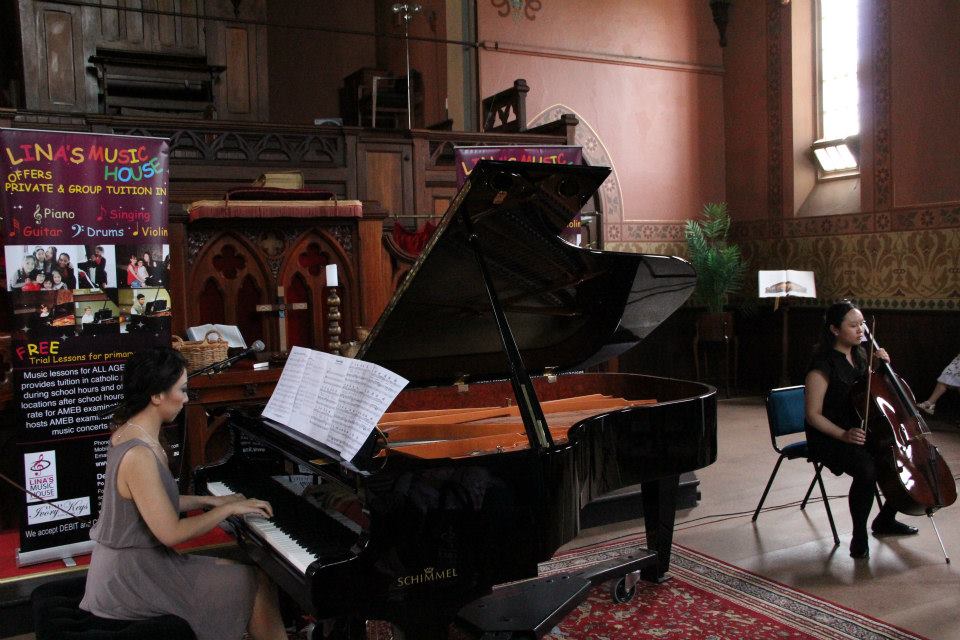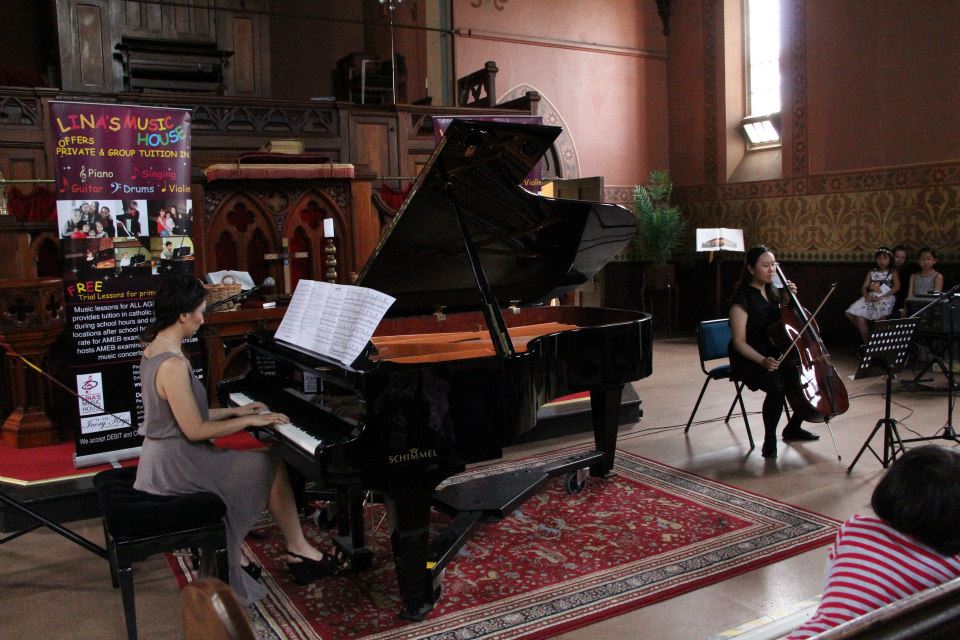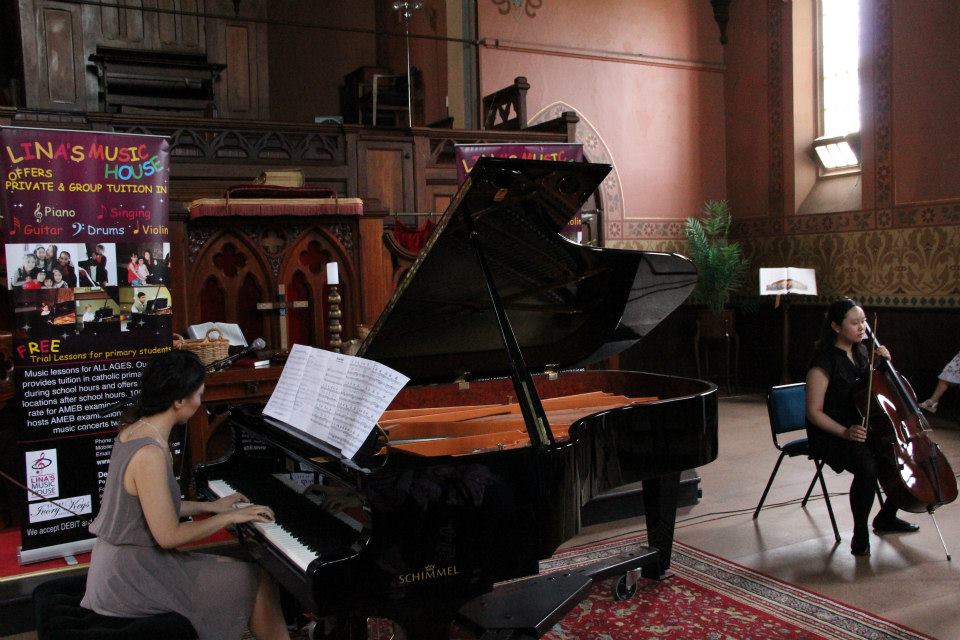Professional musicians earn a living through singing and or playing instruments in front of live audiences. Some musicians may perform as a solo act, or in a band, choir, orchestra or musical group. In addition to performing, musicians also record music in studios. Many musicians perform on weekends or at night, with the rest of their time being spent in rehearsals or working at other jobs.





Education
Professional musicians often begin music lessons at an early age and perform regularly in concerts, school productions and competitions. Studying a Bachelor of Music is beneficial but not necessary to become a performer. However, musicians who want to work as classical musicians should study a Bachelor of Music. Student’s in a bachelor’s degree program will be able to focus on a particular type of instrument and begin specializing in a specific genre, such as jazz, opera or classical.



What are the different pathways to becoming a professional performer ?
| Pathway 1 | Learn to play an instrument the right way with a qualified music teacher who specializes in the area you are interested in. |
| Pathway 2 | Music conservatories provide special training for young aspiring musicians and other performing artists. Studying at a conservatory gives you the opportunity to perfect your skills. |
| Pathway 3 | Study a Bachelor of Music – an undergraduate music program can offer further training in music history and theory. In fact, if you’d like to become a director of music or a conductor, you will need a bachelor’s degree. |
| Pathway 4 | Participate in many music competitions. |
| Pathway 5 | Perform and broadcast your music performances regularly to market your talent eg. live performances, You Tube and social media. |

